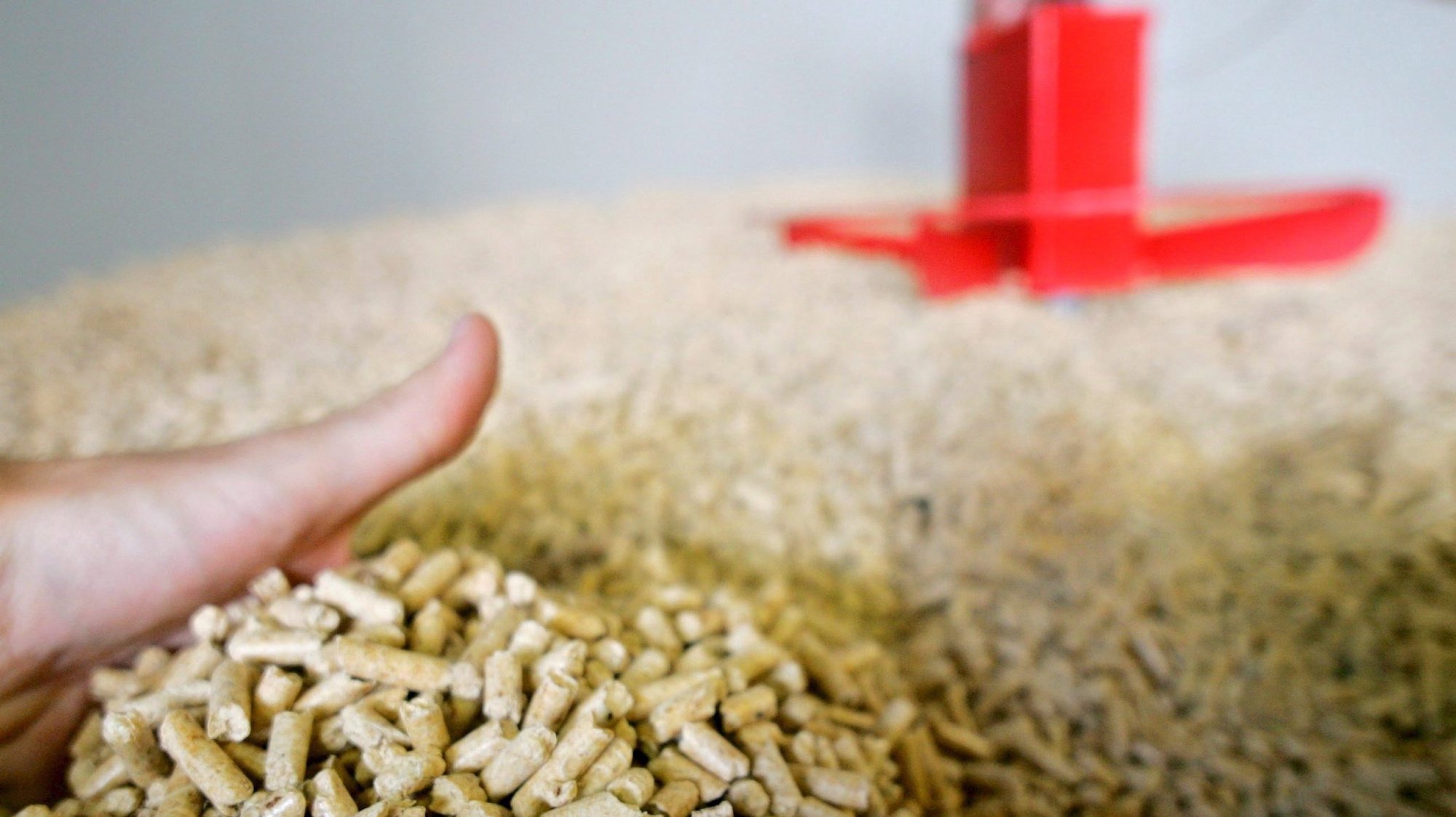The ‘pellet’ industry, small wood pellets for heating and energy production, consumed more than 1.5 million tons of wood in 2021 and endangers the Portuguese forest, warns the environmental association Cero.
In an industry with public support that already exceeds “100 million euros”, and that must be expanded, the association, in a statement released today, demands an immediate moratorium on the increase in installed capacity for the production of ‘pellets’. This year, Zero says, “is likely to see a significant increase in production, as four factories come online or reopen, with a combined capacity of nearly 600,000 tonnes/year, representing a 50% increase in production.” ability”. of pellets.
This, he warns, “will put even more pressure on forest resources that are already depleted and are insufficient to meet the demand for different uses.” In what is the association’s first Annual Barometer of the ‘Pellets’ industry in Portugal, the data is considered worrying and “questions the sustainability of the use of wood in the industry for the production of products with higher added value”.
And the situation, instead of improving, tends to worsen, according to Zero, because the boycott of natural gas and oil from Russia will lead to the search for other forms of energy and, consequently, to more incentives for the use of biomass. . In Zero’s accounts, in 2021, in Portugal, around 815,000 tons of wood pellets were produced, for which more than 1.5 million tons of wood were needed.
“Some 510,000 tonnes were exported, most of it to be burned in coal-fired power stations that were meanwhile converted and other biomass power stations for electricity production in the UK, Denmark and the Netherlands,” they refer to Barometer data.
Portugal has 26 pellet mills, with a capacity of more than 1.7 million tons per year, requiring three million tons of wood. Pinus pinaster is the most widely used and sawmill by-products account for only 25% of the wood used for pellets, the statement said. What Zero concludes is that the Portuguese forest is being burned. And with the support of the state. Since 2008, he says, the producers of ‘pellet’ have received more than 100 million euros of public funding.
The association also assures that the maritime pine forest is “in strong decline”, and guarantees: “despite the fact that the ‘pellet’ producing industry affirms that only forest and industrial residues are used as raw material, there is evidence that the largest producers of pellets are clearly dependent on large volumes of logs or sections of tree trunks, resulting in greater pressure on the forest”.
It also accuses the industry of saying that pellet burning is low carbon and sustainable, when in fact the emissions from pellet burning “are completely ignored”.
Zero suggests that the Government increase the transparency of the pellet production industry in the acquisition of wood, and introduce a moratorium on the increase in pellet production capacity, which competes with other sectors that manufacture products with higher added value and that maintain the carbon sequestered for much longer, such as the particle board industry. And put an end to public funding for the production of ‘pellets’.
Source: Observadora
